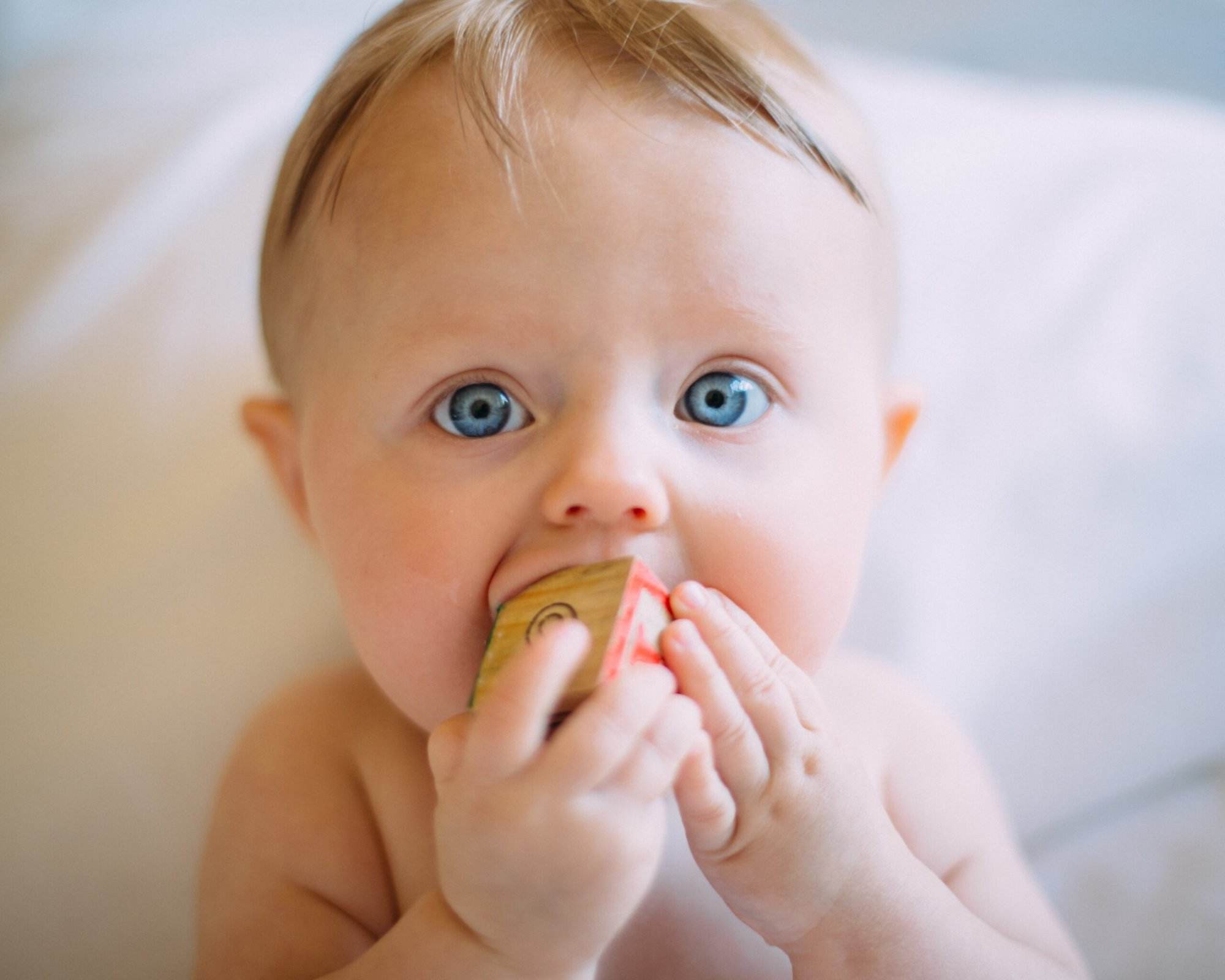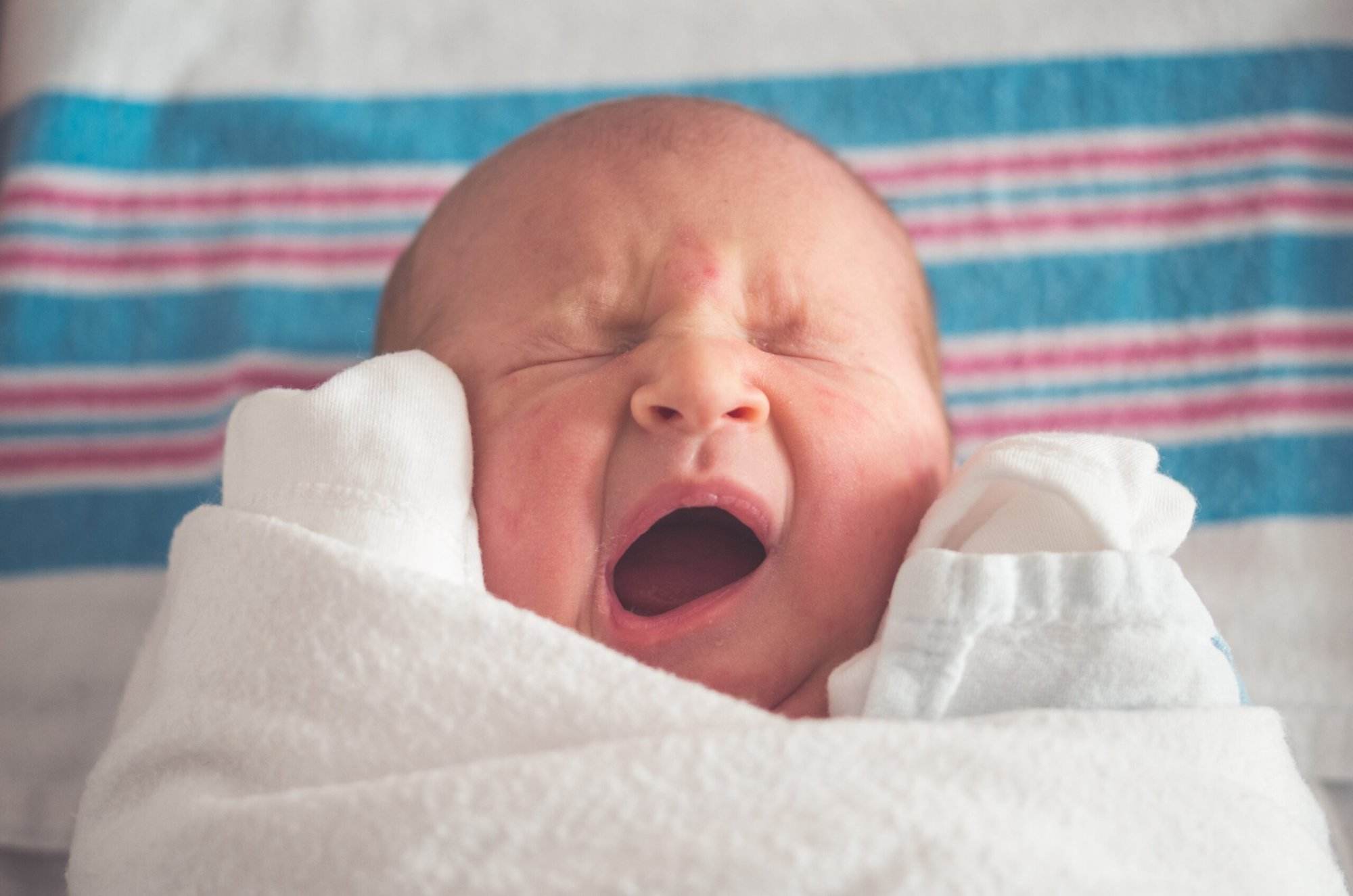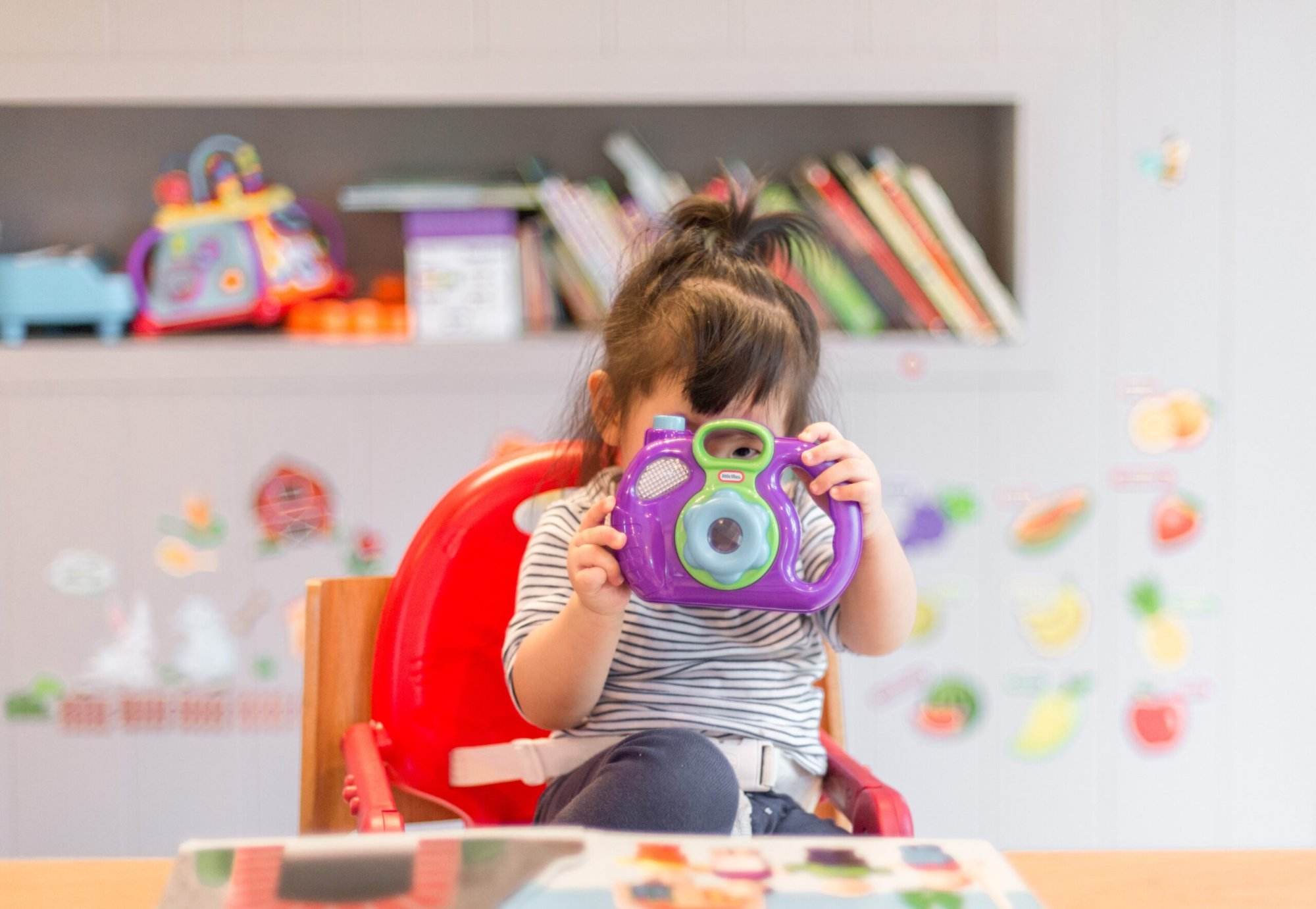Do you find your baby’s screams and tears unbearable every time you put them in the car? If so, you’re not alone. Many parents struggle with their babies’ hatred for car rides, leaving them feeling frustrated and uncertain about the underlying reasons. In this article, we will explore some possible explanations for this common issue and provide practical tips to help make car rides a more pleasant experience for both you and your little one.

Possible Reasons for a Baby Hating the Car
Discomfort and Physical Factors
One of the primary reasons why a baby may hate the car is discomfort due to physical factors. The car seat might not provide optimal support or cushioning, leading to discomfort during car rides. Additionally, the straps or buckles of the car seat may be too tight, causing irritation and discomfort for the baby. It is essential to ensure that the car seat is properly adjusted and provides adequate comfort for the baby’s body.
Motion Sickness
Motion sickness can be another reason why babies dislike car rides. The constant movement and changes in speed can overwhelm their developing senses, leading to nausea and discomfort. Babies who experience motion sickness often show signs of dizziness, sweating, or even vomiting during car rides. It is important to address motion sickness to make car rides a more pleasant experience for both the baby and the parents.
Sensory Overload
The car environment can be overwhelming for babies due to sensory overload. The noise of the engine, the vibrations of the car, and the visual stimulation from passing scenery might be too much for their sensitive senses to handle. Babies have not yet developed the ability to filter sensory information, making car rides a challenging experience for them. Taking steps to reduce sensory stimulation can help alleviate their discomfort and make car rides more tolerable.
Fear and Anxiety
Some babies may develop fear and anxiety associated with car rides due to prior negative experiences. If a baby has experienced discomfort, motion sickness, or any other unpleasant circumstances during car rides, they may associate the car with those negative emotions. This fear and anxiety can manifest as intense crying or distress whenever they are placed in the car. It is crucial to address and alleviate their fears to create a more positive car-riding experience.
Car Seat Discomfort
The discomfort caused by the car seat itself can contribute to a baby’s dislike of car rides. If the car seat does not provide proper support or cushioning, it can lead to discomfort and irritability. The straps or buckles might also cause discomfort if they are too tight or pressing against the baby’s sensitive skin. Ensuring that the car seat is appropriately adjusted and comfortable for the baby is vital in improving their experience in the car.
Hunger and Thirst
Babies have specific feeding schedules, and if they are hungry or thirsty during a car ride, it can lead to fussiness and discomfort. It is important to ensure that the baby is well-fed before embarking on a car journey. Packing snacks or a bottle of milk to offer during the ride can also provide relief if the baby becomes hungry or thirsty along the way. Addressing their nutritional needs can significantly improve their mood and overall experience in the car.
Boredom and Lack of Stimulation
Babies thrive on stimulation and engaging activities. The monotony of a car ride, with no interaction or stimulation, can lead to boredom and restlessness. It is essential to keep the baby entertained and engaged during the journey. Bringing along their favorite toys, playing soothing music, or singing nursery rhymes can help provide a source of entertainment and prevent boredom during the ride.
Lack of Familiarity and Routine
Some babies struggle with new environments and changes to their usual routine. Being in a car and traveling to unfamiliar places can disrupt their sense of familiarity and comfort. Creating a consistent car-riding routine and introducing the baby to the car seat in non-driving situations, like playing or reading books in the car, can help familiarize them with the car and reduce their resistance to car rides.
Parental Stress and Anxiety
Babies are highly perceptive and can easily pick up on their parents’ stress and anxiety. If the parents are tense or anxious during car rides, the baby can sense it and become more unsettled. Taking steps to manage parental stress and anxiety, such as practicing deep breathing exercises or listening to soothing music, can create a more relaxing environment for the baby during car rides.
Negative Associations
Negative associations with the car can form in a baby’s mind if they have experienced discomfort, motion sickness, fear, or anxiety during previous car rides. These associations can contribute to their ongoing dislike for car rides. By creating new, positive associations, such as incorporating enjoyable activities or rewards associated with car rides, it is possible to help the baby overcome their negative associations and gradually develop a more positive attitude towards traveling in the car.
Tips for Dealing with a Baby Who Hates the Car
Ensure Comfort and Address Physical Needs
Ensuring the baby’s comfort and addressing their physical needs is crucial in making car rides more tolerable. This includes properly adjusting the car seat, providing cushioning or additional support if needed, and ensuring that straps and buckles are not too tight or uncomfortable for the baby. Additionally, paying attention to their hunger, thirst, and overall physical well-being before starting a car journey can significantly contribute to their comfort and happiness during the ride.
Manage Motion Sickness
If motion sickness is identified as a cause for the baby’s dislike of car rides, several strategies can help manage and alleviate the symptoms. Taking breaks during long drives, allowing the baby to get some fresh air, or using car sickness medication recommended by a pediatrician can be effective solutions. Placing the baby’s car seat in the middle of the back seat, where there is less movement, can also reduce motion sickness symptoms.
Minimize Sensory Overload
To minimize sensory overload, creating a calm and quiet environment within the car is essential. Blocking out excessive noise by playing soothing music or using noise-canceling headphones can help. Adjusting the car’s ventilation to provide a comfortable temperature and reducing the intensity of outside visual stimulation by using window shades or covers can also help reduce sensory overload and make the car ride more enjoyable for the baby.
Create a Calming and Familiar Environment
Making the car environment calming and familiar can help the baby feel more at ease during car rides. Bringing familiar objects, such as their favorite blanket or stuffed toy, can provide a sense of comfort and security. Playing their favorite music or recordings of familiar voices can also help create a soothing and familiar atmosphere within the car.
Establish Positive Associations
Creating positive associations with car rides is essential in helping the baby overcome their dislike for the car. Incorporating enjoyable activities, such as singing songs or playing interactive games, during car rides can help make them a more positive and engaging experience for the baby. Offering small rewards or treats after successful car rides can also reinforce positive associations and help the baby develop a more positive attitude towards car travel.
Keep the Baby Entertained and Engaged
Engaging the baby during car rides is crucial in preventing boredom and restlessness. Bringing along their favorite toys, books, or engaging in interactive activities can help keep them entertained. Singing songs, playing peek-a-boo, or engaging in conversation can also provide an additional level of stimulation and entertainment. Regularly changing toys or activities can help maintain their interest throughout the journey.
Find Alternative Transportation Methods
If all attempts to make car rides more pleasant for the baby have been unsuccessful, it may be worth considering alternative transportation methods. Exploring options like public transportation, walking, or cycling with a baby carrier may be more suitable and enjoyable for both the baby and the parent. However, it is important to consider the practicality and safety of alternative transportation methods before making any changes.
Seek Professional Help if Needed
If the baby’s aversion to the car persists despite efforts to address and alleviate the underlying causes, it may be necessary to seek professional help. Consulting with a pediatrician, child psychologist, or an expert in child development can provide valuable insights and guidance in managing the baby’s dislike for car rides. They can help identify any underlying issues and provide appropriate interventions to help make car rides more tolerable for the baby.
Manage Parental Stress and Anxiety
Managing parental stress and anxiety is crucial in creating a more relaxed and positive car-riding environment for the baby. Taking steps to reduce stress, such as practicing relaxation techniques, seeking support from friends and family, or participating in stress-reducing activities, can help parents maintain a calm and soothing presence during car rides. This, in turn, can help the baby feel more secure and at ease in the car.
Choose the Right Car Seat
Selecting the right car seat for the baby’s age and size is essential in ensuring their comfort and safety during car rides. It is important to research and choose a car seat that provides proper support, cushioning, and safety features. Ensuring that the car seat is correctly installed and regularly checking for any necessary adjustments can significantly improve the baby’s comfort and overall experience in the car.

When to Seek Professional Help
Persistent, Intense Crying and Distress
If the baby consistently exhibits intense crying and distress during car rides that cannot be comforted or managed through the previously mentioned strategies, it may be necessary to seek professional help. Persistent and extreme emotional reactions to car rides may indicate an underlying issue that requires further evaluation and intervention.
Symptoms of Motion Sickness
If the baby consistently experiences symptoms of motion sickness, such as dizziness, sweating, or vomiting during car rides, it is important to consult with a healthcare professional for guidance. They can provide appropriate recommendations or medication to manage motion sickness symptoms and make car rides more comfortable for the baby.
Developmental or Sensory Concerns
If there are existing developmental or sensory concerns with the baby, their aversion to car rides may be related to these underlying issues. Seeking input from a healthcare professional, such as a pediatrician or occupational therapist specializing in sensory integration, can help identify and address any underlying developmental or sensory concerns that may be contributing to the baby’s dislike of car rides.
Extreme Fear or Anxiety
If the baby experiences extreme fear or anxiety specifically related to car rides, it is important to seek professional help. A mental health professional or child psychologist can provide guidance in understanding the cause of the fear or anxiety and offer appropriate interventions to help the baby overcome their negative associations and develop a more positive attitude towards car rides.
Parental Stress and Emotional Strain
If the baby’s dislike for car rides is significantly impacting the parents’ well-being, causing heightened levels of stress and emotional strain, seeking support from a healthcare professional or therapist can be beneficial. They can provide guidance and strategies to help manage the emotional impact of the baby’s aversion to car rides and offer support for the parents’ own well-being.
Understanding the possible reasons behind a baby’s dislike of the car and implementing the tips provided can greatly improve their experience and make car rides more enjoyable for everyone involved. By addressing their physical needs, managing motion sickness, minimizing sensory overload, and creating a positive and familiar environment, parents can help their baby gradually develop a more positive attitude towards car rides. Remember, seeking professional help is always an option if necessary, and parents should prioritize their baby’s comfort and well-being during travel.






